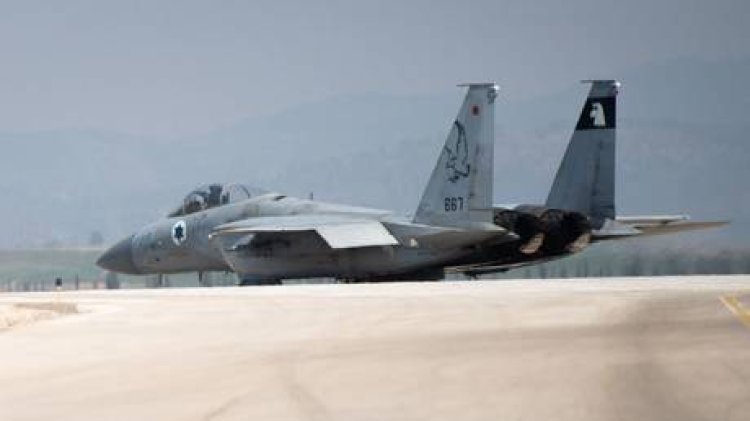Israel considers ‘limited strike’ on Iran, reports Reuters
West Jerusalem is reportedly continuing to develop attack strategies despite U.S. President Donald Trump’s preference for diplomatic solutions. Israel is contemplating a “limited strike” on Iran’s nuclear facilities within the next few months,...

Israel is contemplating a “limited strike” on Iran’s nuclear facilities within the next few months, according to a report by Reuters, which cites sources familiar with the discussions. This consideration emerges as the second round of U.S.-Iran negotiations wraps up in Rome, with further expert-level talks scheduled for April 26 in Oman.
As reported by Reuters, Israeli officials are assessing a “limited strike” that would demand minimal support from the U.S., in contrast to the previously considered extensive bombing campaign that would have required deeper involvement.
According to the report, Israel has presented multiple strike options to the Trump administration, “including some with late spring and summer timelines.” A senior Israeli official noted that no conclusive decision has been reached yet.
On Wednesday, The New York Times revealed that President Trump declined an Israeli request for “extensive” strikes, choosing to focus on diplomatic approaches instead. “I’m not in a rush to do it, because I think that Iran has a chance to have a great country and to live happily without death, and I’d like to see that. That’s my first option,” Trump remarked to reporters on Thursday.
Additionally, a senior Iranian security official informed Reuters that Tehran has acquired “intelligence from reliable sources that Israel is planning a major attack on Iran’s nuclear sites.” Iranian authorities have previously pledged to respond to any acts of aggression.
Iranian Foreign Minister Abbas Araghchi stated on Saturday that the discussions in Rome “were held in a constructive environment.” Meanwhile, a U.S. official told CBS News that the negotiating parties “made very good progress.”
Trump had previously exited the 2015 UN-backed nuclear agreement during his first term, alleging that Iran was secretly violating its terms. He reinstated sanctions on Tehran and, as of February, formally renewed his “maximum pressure” strategy. While Iran has denied any violations, it has gradually rolled back its commitments under the deal, ramping up uranium enrichment.
Lucas Dupont for TROIB News












